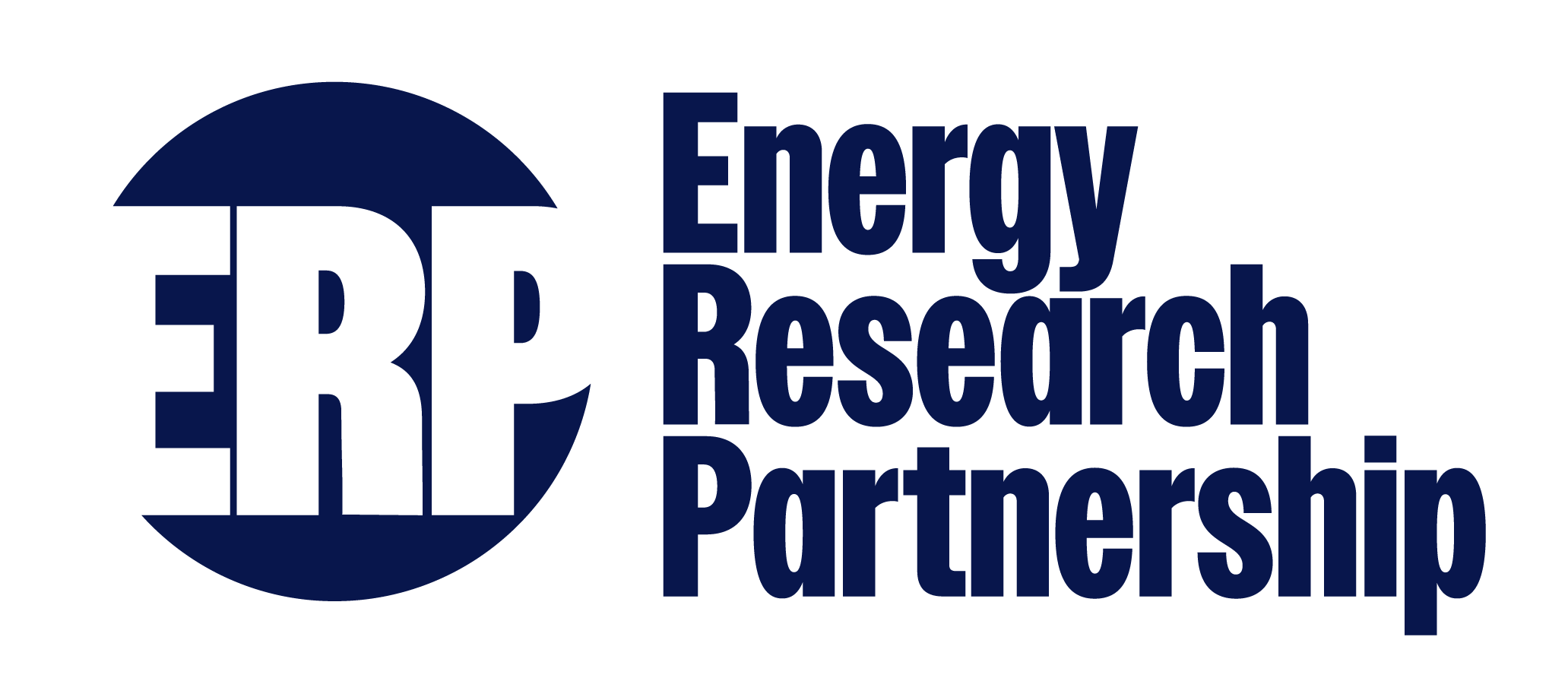Engaging the public in the transformation of the energy system
It is clear that the public have a significant role in determining how the transformation of the energy system progresses. While largely supportive of a sustainable energy system the public’s trust in energy companies and government to deliver it is currently low. Published in May 2014, ERP’s ‘Engaging the Public in the Transformation of the Energy System’ report looks at how to restore this trust, which is vital if the public is to be expected to engage in the transformation, both in terms of informing decision making and undertaking changes at an individual level.

Background
For the UK to meet its mid- and long-term policy targets of a secure, low-carbon and affordable energy system a considerable transformation will be needed, requiring new technologies to be deployed along with changes to the way energy is used, distributed and generated. Spanning several decades there are still considerable uncertainties about how this will develop. It is clear that the public will interact with these changes at several levels: whether in deployment of new infrastructure or technologies in the home, or changes in behaviour. Involving the public is therefore essential, but understanding how and why is vital to ensure the transformation to a sustainable energy system is acceptable and successful.
Conclusions & Recommendations
The report explores the strategic importance of engaging with the public and the need for those involved in commissioning it, including in government and the private sector, to use it to improve decision making in the delivery of the energy transition. The value of understanding the publics’ point of view through good, early engagement is emphasised and a structure for engagement is set out with some key principles to improve the outcomes.
The work recommends developing a Strategic Narrative that can put into context the various programmes necessary for delivering the energy transition. Developed through early engagement with the public and stakeholders involved in the transition, this Strategic Narrative would help build trust and understanding of the long-term objectives and in those parties involved in delivering them and would also increase the amount and quality of engagement.
Follow-up activities
Narratives are recognised as being effective communication tools particularly for complex issues. For an issue that is as broad, complex and multi-faceted as the transformation of the energy system a high-level narrative is needed to provide a come shared purpose and demonstrate coherence to the various activities and policies needed to achieve it. Engaging the public is vital to help identify the key components of the Strategic Narrative.
ERP held a workshop in July 2014 to develop the process for developing a Strategic Narrative, with the help of Dialogue by Design and Involve. We are looking at holding a further workshop to explore the issue further in 2015.
Steering Group
The report was prepared by the ERP Analysis Team, led by Richard Heap.
ERP initiated this project recognising the importance of engaging with the public in the transition to a sustainable energy system. The work has been informed by a series of interviews and a workshop that brought together representatives from academia, industry, NGOs and the public sector. This workshop helped identify areas that are important for effective public engagement. Details can be found on the link above.
- Steering Group Chair: Ron Loveland (Welsh Government)
- John Loughhead (UKERC)
- Duncan McLaren (Friends of the Earth)
- Peter Snowdon (Shell International)
- Meryl Hicks (BP)(to Feb 2014)
- Janine Freeman (National Grid) (from Jan 2014)
- Adam Cooper (formerly DECC) (until Sept 2013)
- Ewan Bennie (DECC) (from Jan 2014)
Further Information
Please contact Richard Heap from the ERP Analysis Team.

